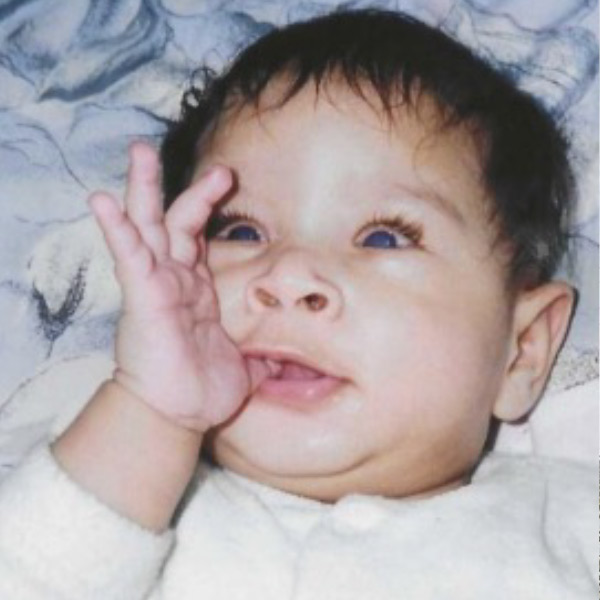1. To raise funds for medical research
Firstly, to prevent the progression of hearing loss, and secondly, to treat brain-related symptoms such as seizures and autism in patients with Norrie disease (ND).
2. To inform and support affected families
Narrated by Meenu.
He was a few weeks old when we first noticed that Ruzbeh, our son, was not looking at us, his gaze not focussing on objects around him. It took 2 months of frantic consultations with specialists before we finally found an ophthalmologist who knew the reason why Ruzbeh had no vision.
The doctor was convinced that Ruzbeh was born with the rare genetic disorder called Norrie disease (ND), because of which his retinas were detached, and that this is irreversible.
The news was a hammer blow, and I burst into tears.

Affected patients are born blind or lose their vision in infancy.
They suffer from progressive hearing loss which leads to profound deafness in mid to late adulthood.
Up to 50% of affected individuals manifest neurological symptoms such as epileptic seizures, cognitive impairment, and autism.